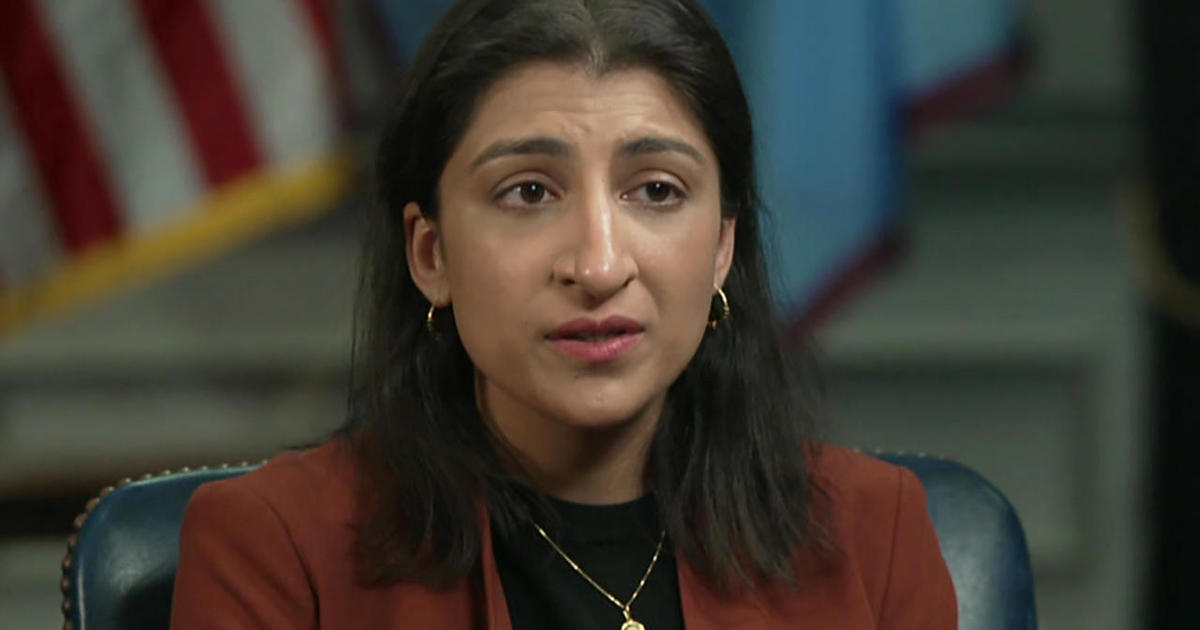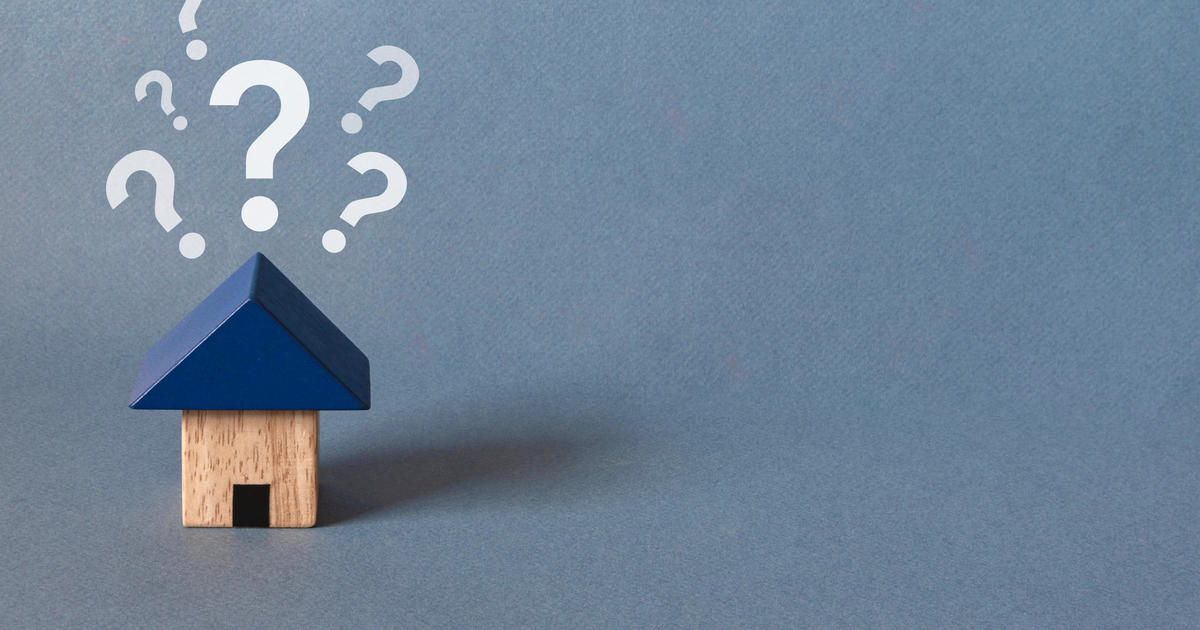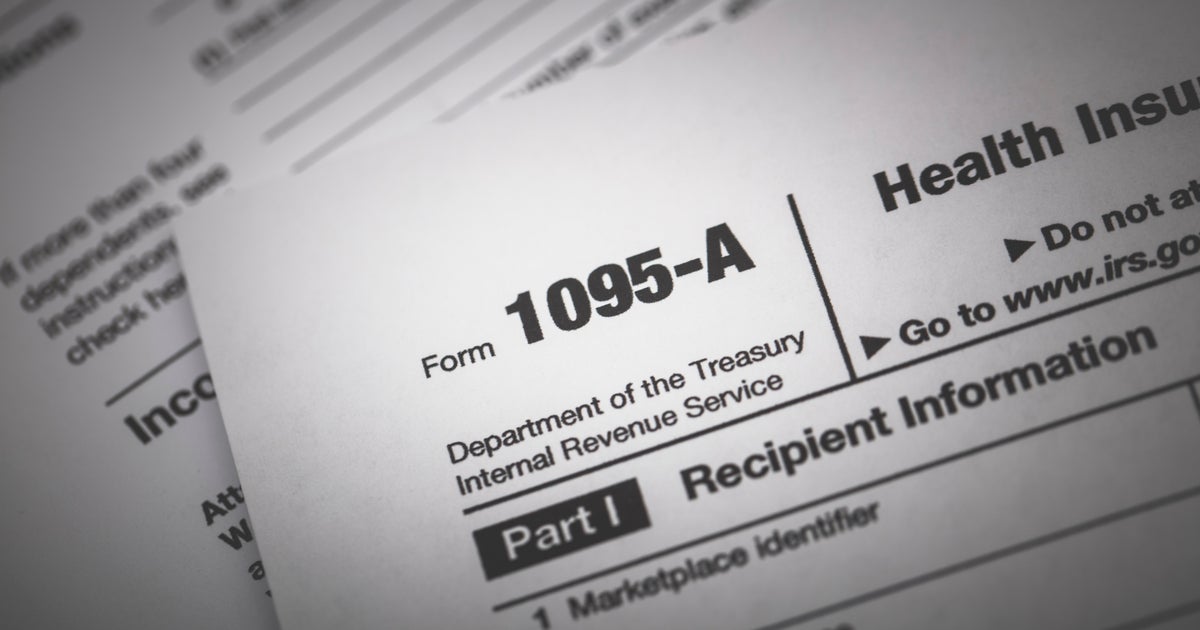Robocaller hit with record $120 million fine
The Federal Communications Commission Thursday finalized its largest robocalling fine in history against Adrian Abramovich, a Florida man who is charged with making nearly 100 million spoofed robocalls in just three months.
Abramovich, who claimed in Senate testimony that he was "not the kingpin of robocalling as alleged," must now pay the FCC's $120 million fine or bring the dispute to federal court. Notably, the FCC's second-largest fine in history, which asks for $95 million, related to a robocalling operation that was charged last August for allegedly making about one-fifth as many phone calls.
Abramovich, who asserted Fifth Amendment rights against self-incrimination in his Senate testimony, could not be reached for comment. However, the FCC alluded to -- and soundly rejected -- his legal response to the FCC charges, in which Abramovich claimed he did not mean to cause harm or wrongfully obtain anything of value.
"Mr. Abramovich didn't just have the intent to defraud or cause harm. He actually caused harm," countered FCC Chairman Ajit Pai in a prepared statement. "Just ask his victims -- a number of whom are elderly -- who were duped into purchasing travel deals under false pretenses."
The FCC fine is part of a multifaceted effort to crack down on robocalls, which have spurred more than 4.5 million complaints to federal regulators in recent years. The complaint against Abramovich and his companies, Marketing Strategy Leaders and Marketing Leaders, said these companies made some 96 million computer-dialed calls over a three-month period.
The calls used caller ID "spoofing" that mimicks the first six digits of the recipient's phone number, a practice dubbed "neighbor spoofing," the complaint added. This practice is illegal partly because federal officials maintain that victims are far more likely to pick up a call if it appears to be coming from their local neighborhood.
Abramovich's companies not only spoofed caller ID systems to appear to be a neighbor, the recorded pitch also misled victims into believing that the call was being made by a major hospitality company, such as Trip Advisor, Expedia, Hilton or Marriott. It wasn't until victims responded to the offer of a discounted trip by hitting a digit on their phones that they would get a live operator, who was ultimately pitching timeshare interests in Mexico that were unrelated to any of the major companies mentioned in the recorded message.
The practice of using brand names in the recorded pitch apparently turned around to bite the Florida robocaller, though. Several of these major companies, which were getting complaints from consumers who thought they were malfeasors, assisted the FCC in its investigation.
Unfortunately, the move against Abramovich is unlikely to reduce the number of robocalls that consumers receive on both cellphones and land lines. A recent report by Hiya, a call-blocking service, found that Americans received 4.9 billion robocalls in just the first three months of 2018. There was a 10 percent growth in spam user reports and a massive increase in political spam calls.
Abramovich's Senate testimony explained why.
"There is available open-source software that can be misused by someone to make thousands of automated phone calls with the click of a button," Abramovich told the Senate in April. "There are websites right now. ... that offer volume pricing for using their robocalling system that can handle millions of calls."
With these inexpensive services and software, almost anyone can plug in and play in the robocalling game, Abramovich said.
Indeed, FCC spokesman Will Wiquist said that while the FCC is attempting to address illegal robocalls with enforcement, government-industry partnerships and consumer information campaigns that warn about neighbor spoofing, among other things, it's an uphill battle.
"It is the top consumer protection priority for the chairman," said Wiquist, "but there's no silver bullet."




